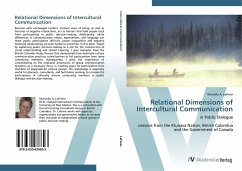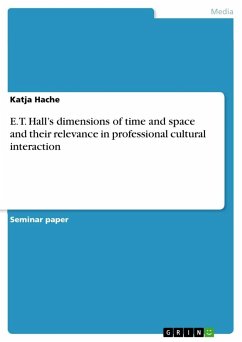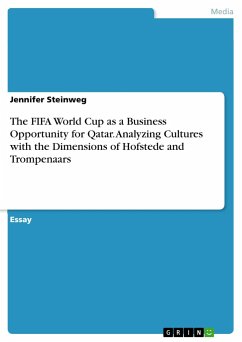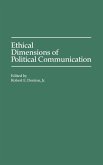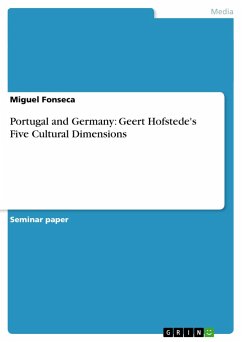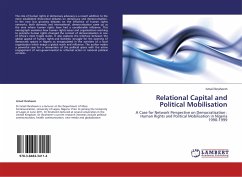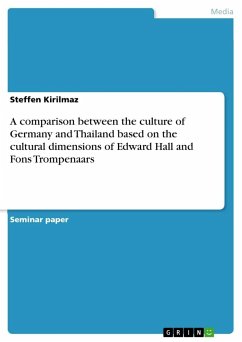Revision with unchanged content. Cultural ways of being, as well as histories of negative interactions, act as barriers that hold people back from participating in public decision-making. Additionally, while differences in communication values, expectations, and language can make public participation difficult, power inequalities and negative historical relationships are even harder to overcome. In this book I begin by explaining public decision-making as a site for the construction of social understanding and shared meaning. I give examples from the British Columbia Treaty Process that demonstrate how dominant culture communication practices create barriers to full participation from some community members. Subsequently, I posit the importance of concentrating on the relational dimensions of group communication dynamics as a necessary focus in creating space for participation from members of marginalized cultural groups. This knowledge is especially useful for planners, consultants, and facilitators working to increase the participation of culturally diverse community members in public dialogue and decision-making.
Hinweis: Dieser Artikel kann nur an eine deutsche Lieferadresse ausgeliefert werden.
Hinweis: Dieser Artikel kann nur an eine deutsche Lieferadresse ausgeliefert werden.

